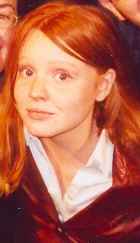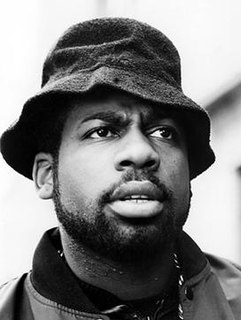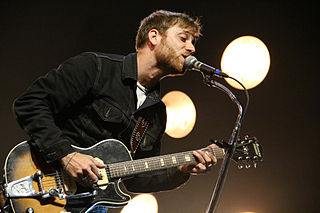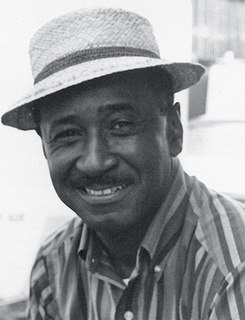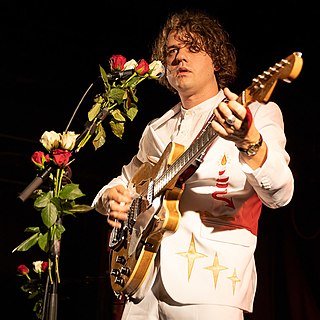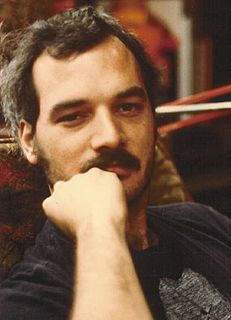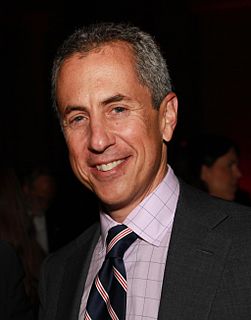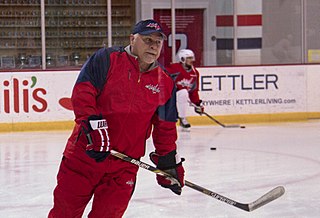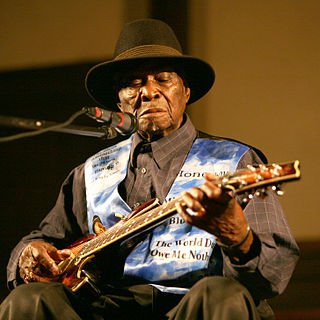A Quote by Lauren Ambrose
We played one warm-up gig at this bar that was kinda like that bar in 'The Blues Brothers' with the chicken wire. This place called The Brick House, in Housatonic. I really can't believe we're going to play for people in New York City. I'm terrified, but it's a small enough room. But it's really just supposed to be for the fun of it.
Related Quotes
I grew up in the Midwest and never really felt at home there, and when I got to New York, I was really fearless. I feel like I really fell in love with the the place. But then, it's a place where your world is really big at first and then becomes really small. I found myself hardly leaving my neighborhood, like I made it into a small town.
We might have, with Hockey Canada, an Aero Bar, a chocolate bar. 'Okay we're going to play for this chocolate bar.' Here you have guys who made millions of dollars, they're professional athletes, and they will fight tooth and nail to win. It's not necessarily for the chocolate bar. It's the competitive spirit.
When I was in New York, I put together a show; I put together this really great band and performed at this place called Littlefield in Brooklyn. It was really fun. I did, like, 10 standards, and then I just hopped around different bars like Mona's and different jazz clubs in New York just singing because I know all the standards so well.
When I was in seventh grade, I was caught stealing money from the visiting team's locker room during a basketball game. So I was sent to The Brothers. That's what they called this parochial school up in Goshen, New York. I was supposed to get closer supervision there and more "masculine influence," whatever that means. But I was thrown out for telling a couple of really lame kids on the playground that I had heroin.
Even when I ran my bar I followed the same policy. A lot of customers came to the bar. If one in ten enjoyed the place and said he'd come again, that was enough. If one out of ten was a repeat customer, then the business would survive. To put it another way, it didn't matter if nine out of ten didn't like my bar. This realization lifted a weight off my shoulders. Still, I had to make sure that the one person who did like the place.
